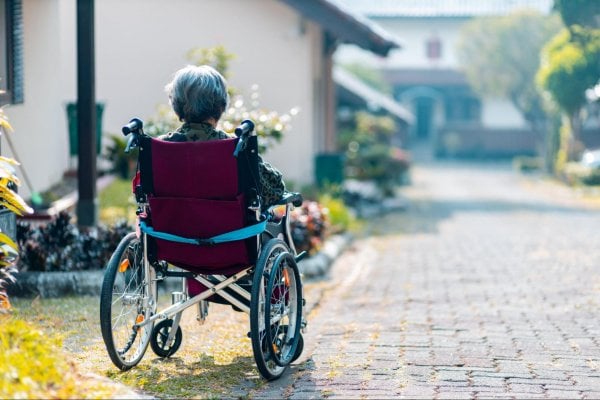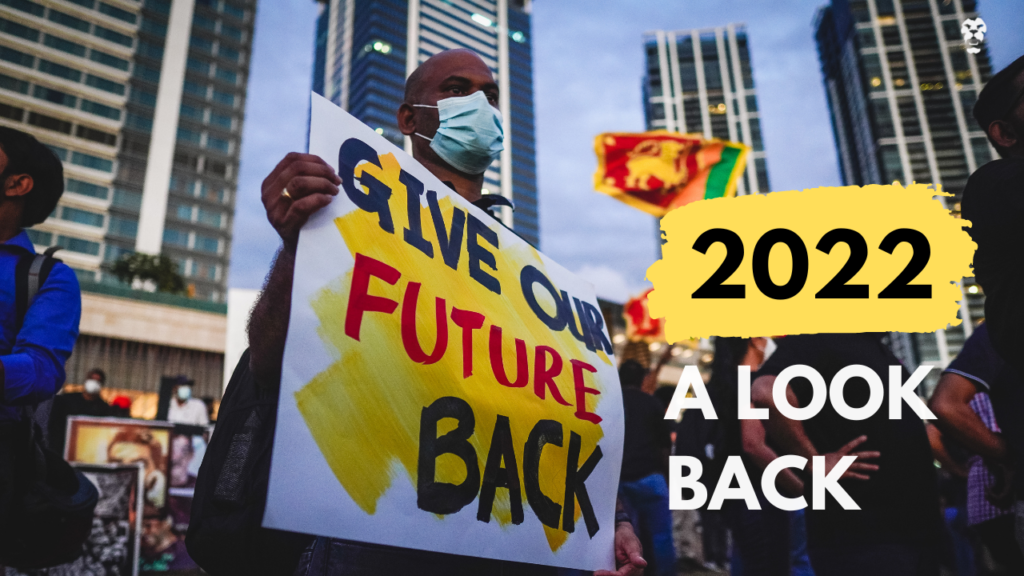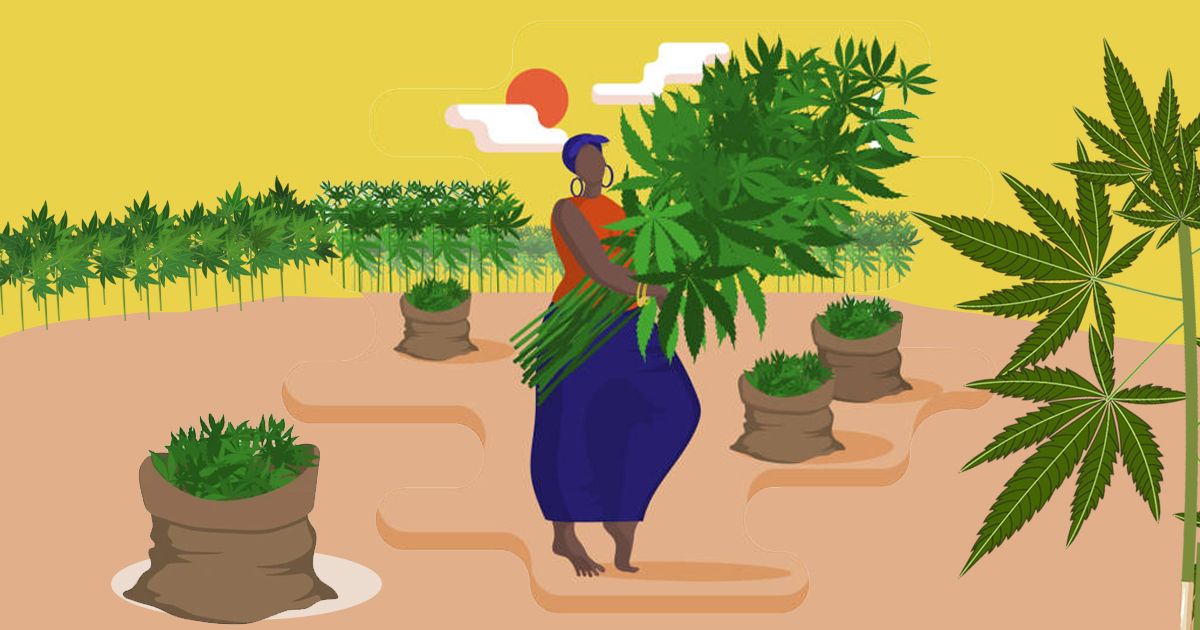
It is believed that the controversial cannabis plant — kansa, ganja, marijuana; call it what you will — was cultivated by our ancestors over 6,000 years ago, and used for medicinal purposes. In his magnum opus, the Thriloka Wijayapathra, Wasantha Sena Weliange — Sri Lanka’s leading scholar on weed — who holds a PhD in natural sciences, claims that his research of ancient texts uncovered the fact that as far back as in 341 A.D., King Buddhadasa wrote the medical pharmacopoeia ‘Sarartha Sangrahaya’ describing the medicinal properties of cannabis.
Despite these ancient roots, the plant remains illegal in Sri Lanka, and is even condemned by medical authorities — with the exception of native Ayurvedic practitioners. But currently facing the country’s worst forex crisis yet, Sri Lanka may be considering a proposal to forgo their objection to exporting cannabis for medical use.
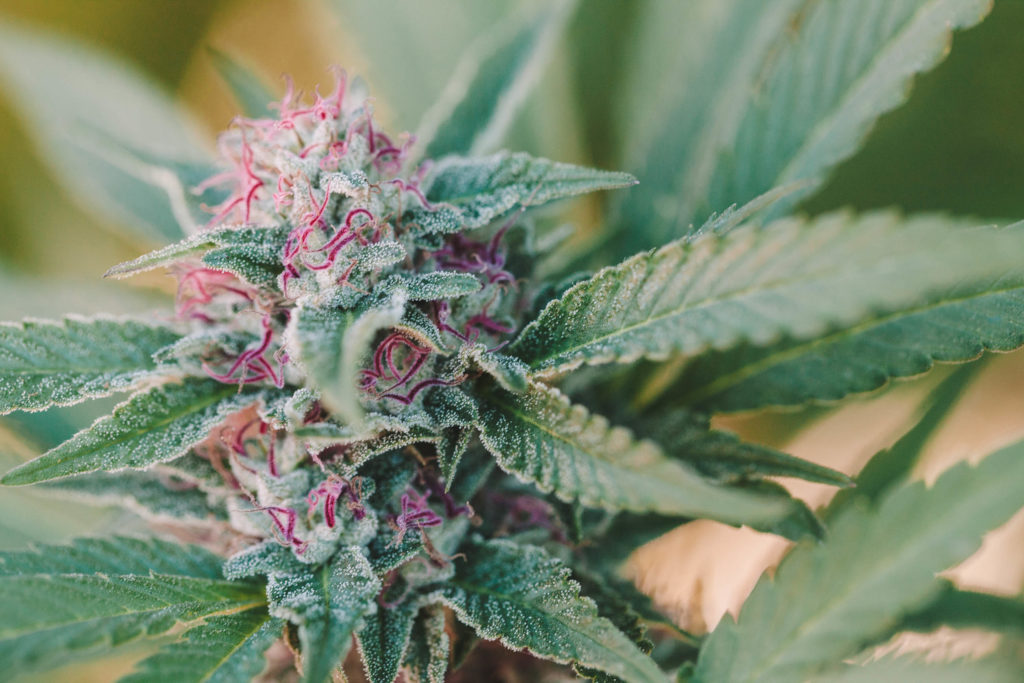
‘Strictly Exports Only’
On 30 November, Sisira Jayakody, State Minister of Indigenous Medicine Promotion, told parliament that Sri Lanka will introduce the legal framework necessary to export medical cannabis within the next three months.
“High quality medical cannabis can be used to treat cancer, neuro diseases, mental disorders, as a painkiller and also in the beauty culture industry. But it was banned when we were under British rule,” Jayakody said.
Cultivation in Sri Lanka will strictly serve export purposes and is speculated to focus on hemp cultivations rather than marijuana cultivation; while the plants are from the same species, hemp has less tetrahydrocannabinol (THC) than marijuana, which is the main psychoactive compound that produces a ‘high’ sensation.
Last year, Minister of Trade Bandula Gunawardena too, made a similar proposal, highlighting the profitability of exporting medical-grade cannabis from the country. However, due to a lack of consensus within the government, the matter was dropped: Prime Minister Mahinda Rajapaksa vehemently opposed the move, the news reported, and announced a tough stance against ‘legalising’ marijuana even for medical export.
In 2018, a similar proposal was put forward by the Ministry of Health, which announced the establishment of a cannabis plantation with the aim of exporting it in drug form to the United States for medicinal use. The plan was to have registered Ayurvedic practitioners cultivate a 400-hectare plantation, but this, too, never came to be.
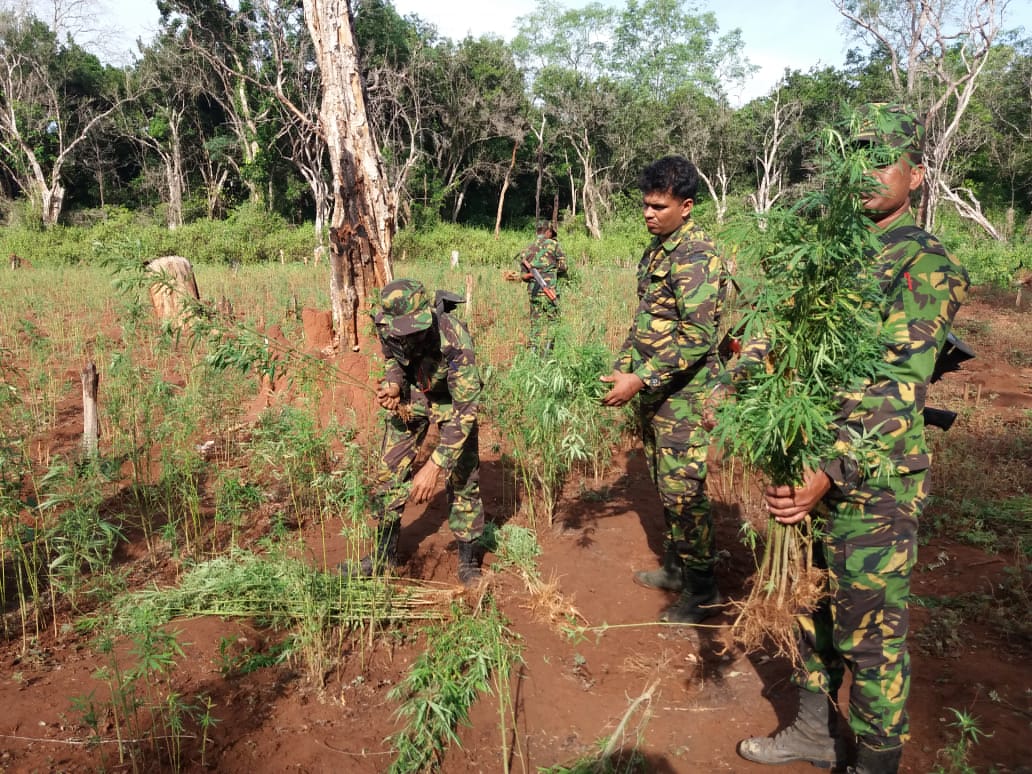
A Boost To Depleting Forex?
Sri Lanka’s foreign exchange reserves depleted by around 70 percent in the first 10 months of 2021, to USD 2.3 billion. Reserves are on the decline as a result of the trade deficit, and because foreign remittances and tourism revenue have been disrupted as a result of the pandemic.
Even though the Central Bank has planned to boost reserves through bilateral loans and currency swaps, nothing much has materialised so far.
Meanwhile, the former chairperson of the Sri Lanka Export Development Board (SLEDB) has hailed the idea of exporting medical cannabis, saying, “given the foreign currency challenge, we as a country must focus and drive exports- be it tourism, skilled labour or merchandise.”
“We must achieve the USD 28 billion target set,” Dr Rohantha Athukorala had said. “This can be only done if we have an open mind and evaluate every opportunity in the global marketplace. Medical Cannabis can be one such opportunity. But, just like the import of tea and blending for re-export that was approved by the Government, we must ensure that the correct procedures are at play so that it will not be exploited,” he said.
Enter The ‘Weed Influencer’
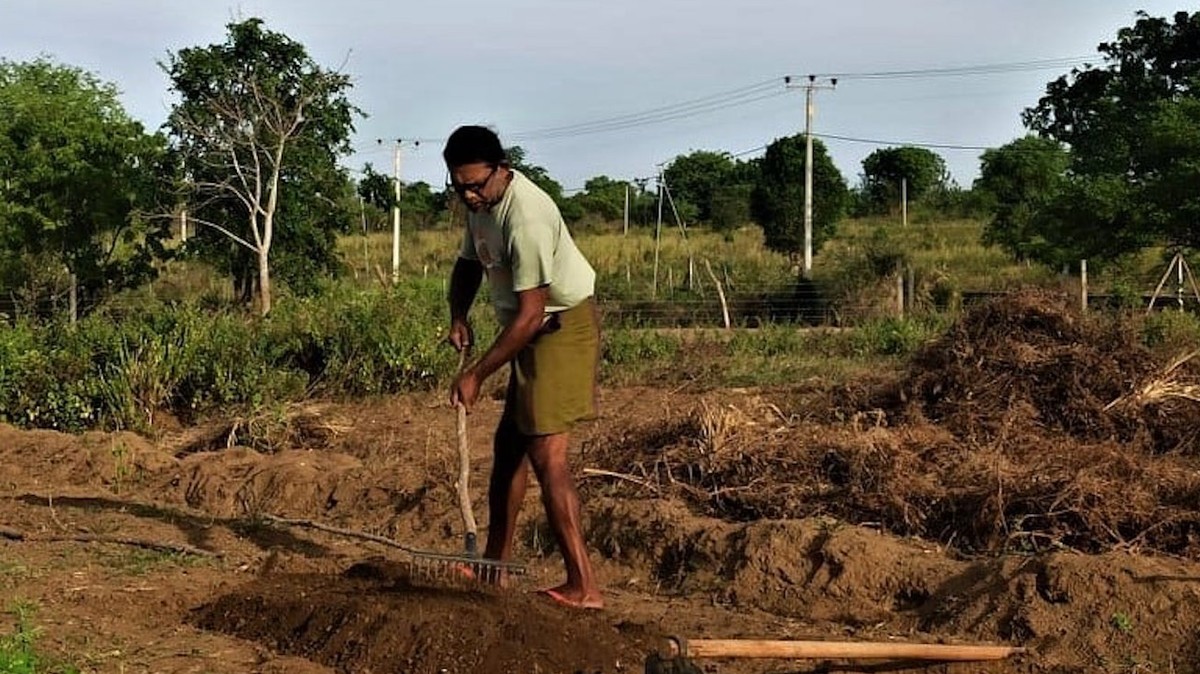
According to Sena Weliange, who is a prominent supporter and ‘influencer’ of the move to establish cannabis exports, the plant is not endemic to Sri Lanka, and he suspects that it was brought in and introduced by Arab traders, Chinese merchants and Indian scholars.
Under British colonial rule, the plant and its use was criminalised in 1935 (The Poisons, Opium and Dangerous Drugs Ordinance of 1935), but after gaining independence, by 1967, registered Ayurvedic doctors were permitted to use cannabis for medicinal purposes, But they were not allowed to keep more than two plants, Weliange said.
At present, Sri Lanka still considers cannabis a ‘dangerous drug,’ and its recreational use can result in fines and years of incarceration. Despite this, cannabis is the most-used illicit drug in the island, with an estimated 600,000 users according to a UN study. In 2019, the highest number of cannabis-related cases were reported from the country’s capital Colombo, where over 7,000 kilograms of the plant were seized, according to the National Dangerous Drugs Control Board.
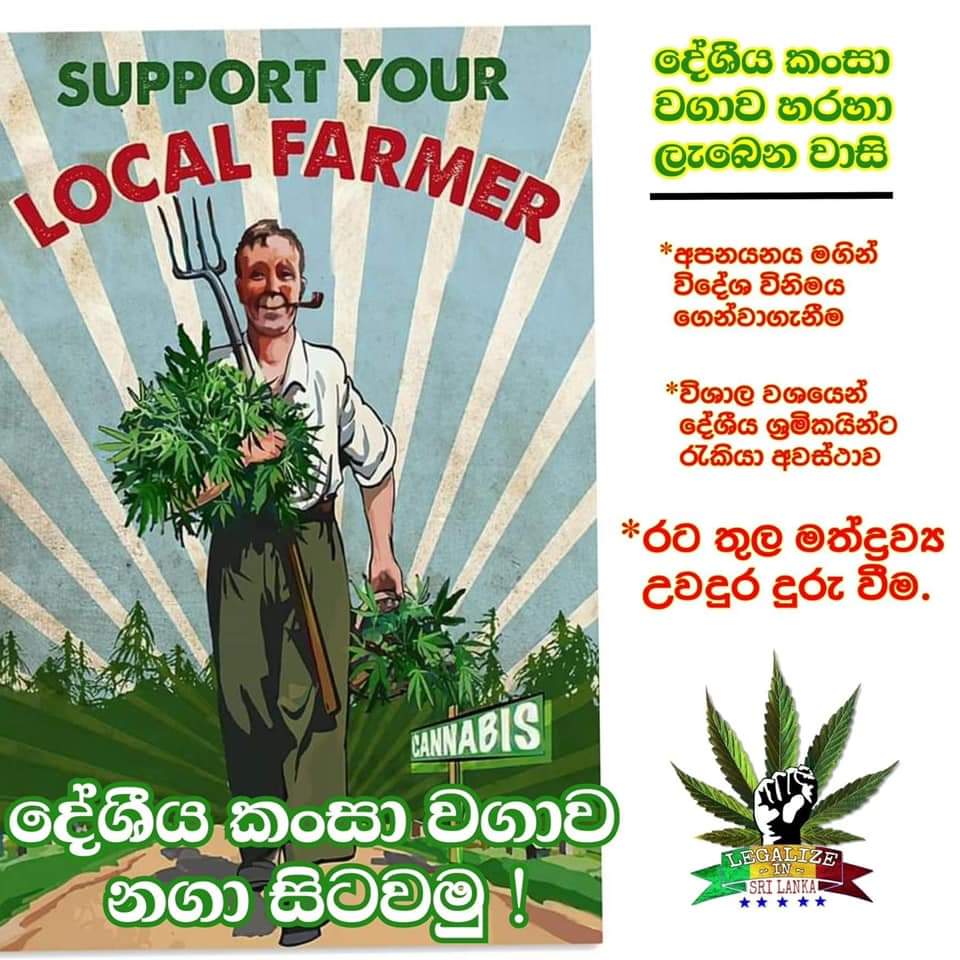
Sri Lankan police raid cannabis plantations, set them on fire and arrest farmers. But Weliange believes that if the exports are given a greenlight, farmers can cultivate cannabis to increase their revenue.
The lure of the dollar may prove stronger than all other considerations put forth thus far. However, Weliange, who is also lobbying for experimenting with cannabis, which includes making products from hemp, varying from medicines to beauty products, and is expecting approval from the National Dangerous Drugs Control Board (NDDCB), is optimistic that his venture will succeed in the long run.

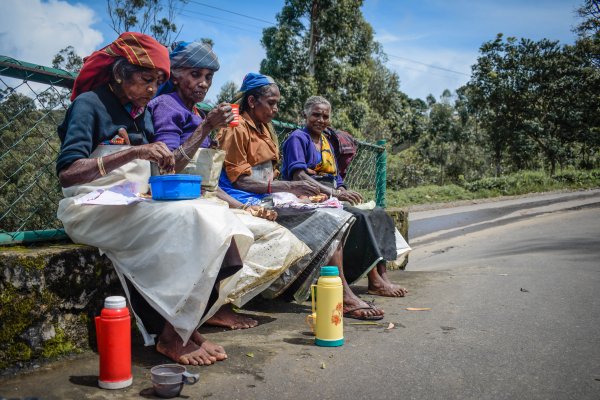
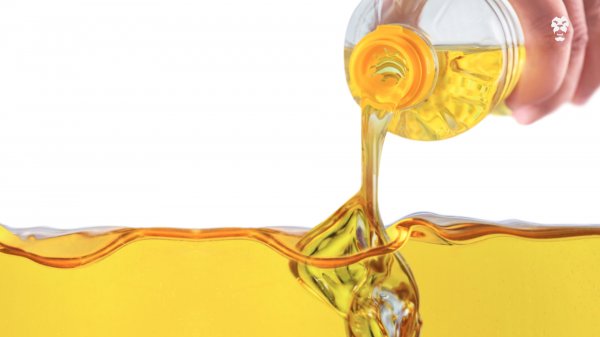
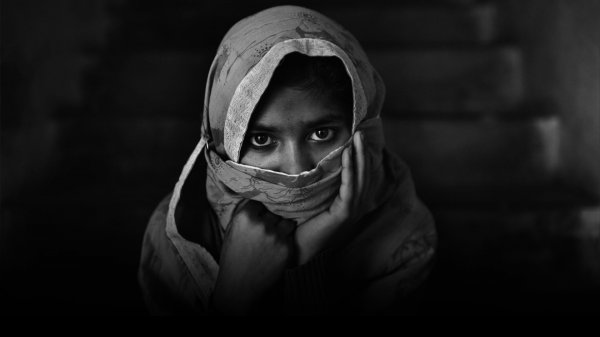
.jpg?w=600)
.png?w=600)
